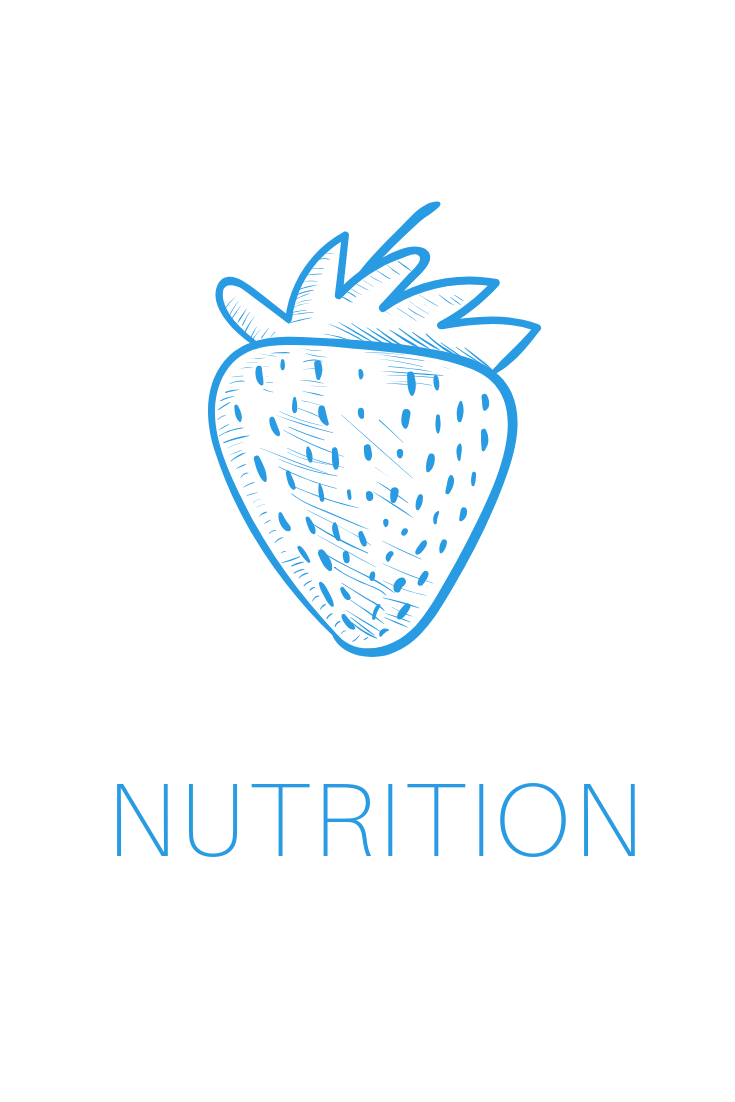Healthy Gut Challenge: 30 plants in 7 days
We all know that eating plants is good for us. However, it seems that eating a large VARIETY of plant foods is even better, improving our gut health by encouraging the growth of different species of bacteria.
Our gut microbiome is made up of trillions of micro-organisms and their genetic material that live in our intestinal tract. A healthy gut microbiome relies on both richness (i.e. the total number of bacterial species in our gut microbiome) and diversity (i.e. the amount of individual bacteria from each of the bacterial species present in our gut microbiome) of bacteria.
As we learn more about our gut we are beginning to understand the crucial role it plays in our overall health and wellbeing. A more diverse microbiome results in a more stable and resilient microbial community that is better equipped to powerfully protect our health. This includes lowering the risk of colon cancer, bowel disease, celiac disease, heart disease, diabetes, arthritis, obesity, allergies, depression and more.
Findings from The American Gut project, the largest published study to date of the human microbiome found that people regularly eating more than 30 different types of plant foods (i.e. fruits, vegetables, grains, legumes, nuts and seeds) each week had a significantly more diverse microbiome than those eating 10 or fewer different plant foods a week.
It’s time to re-think the standard apple in the lunchbox and cucumber and cherry tomatoes for afternoon tea to see what other delicious plant based foods we can include in our week.
The challenge:
It’s as simple as eating 30 different plants (see examples below) in a 7 day period. Each item only counts once in the week, even if you eat it lots. Get the family involved and stick a list on the fridge to see who can get to 30 in a week.
Tips to get you started:
Choose a start date for your 7-day challenge and commit to keeping track each time you consume a new or different plant food over the course of 7 days.
Try a new fruit or vegetable that you have never eaten before each week.
Herbs and spices are a really simple way to add variation and flavour to your cooking. Add fresh herbs to your salads and spices to your soups.
Look for mixed beans e.g. four bean mix or soup mix to boost your bean variety.
Buy frozen fruit to add to yoghurt, smoothies, oats.
Include a plant food at every single meal e.g. swap out a Vegemite toast for avocado and tomato on toast, top your oats with mixed berries, add grated carrot and lettuce to your chicken sandwich or mushrooms and onion to your omelette.
Swap out meat for a vegetarian protein option 1-2 days a week e.g. beans, lentils, mushrooms etc.
Salads and stir-frys are easy meal options to get lots of different plants on a plate.
Swap the processed snacks such as rice crackers for a handful of nuts, a piece of fruit or homemade seed crackers with some hummus and some veggie sticks.
Consider taking part in a community based, farm direct food delivery service such as box divvy which not only reduces the cost of your groceries, but also encourages purchasing a wider range of in-season produce.
What counts as a plant food?
Plants include all fruits and vegetables, legumes (peas, lentils and beans), grains, nuts and seeds. Below are some examples from an extensive list.
Nuts, Seeds and Grains
Cashews, pumpkin seeds, barley, quinoa, buckwheat, flax, hemp, chia, sunflower, sesame, oats, almonds, walnuts, brazil nuts, rye, corn, coconut, pine nuts, pecans, pistachios, millet, pistachios, hazelnuts.
Legumes
Green peas, chickpeas, mung beans, white beans red beans, pinto beans, broad beans, red lentils, green lentils, fava beans, split peas, kidney beans, cannelloni beans, lima beans.
Herbs and Spices
Parsley, mint, sage, saffron, turmeric, thyme, basil, lemongrass, fennel, cumin, cinnamon, chives, pepper, cardamon, caraway, chilli, clove, coriander, ginger, nutmeg, paprika, rosemary, oregano, lavender, ginger, dill.
Fruits and Vegetables
Berries, tomatoes, pomegranate, cucumbers, carrots, apricots, sweet potatoes, peaches, papaya, apricots, plums, melons, eggplant, lemons, lettuce, rocket, kale, broccoli, brussel sprouts, cabbage, spinach, chard, fennel, celery, beetroot, onions, plums, cauliflower, cherries, bananas, mushrooms, parnsips, turnips, oranges, spinach, apples, rhubarb, leek, pumpkin.
Consuming a diverse, plant-based diet is a simple way to keep your gut microbiome in tip top shape for a happy, healthy future. Are you up for the challenge?
by Angie Black
Hey! I’m Angie. I’m passionate about fitting exercise into your life, for the rest of your life.
BLOG CATERGORIES:











